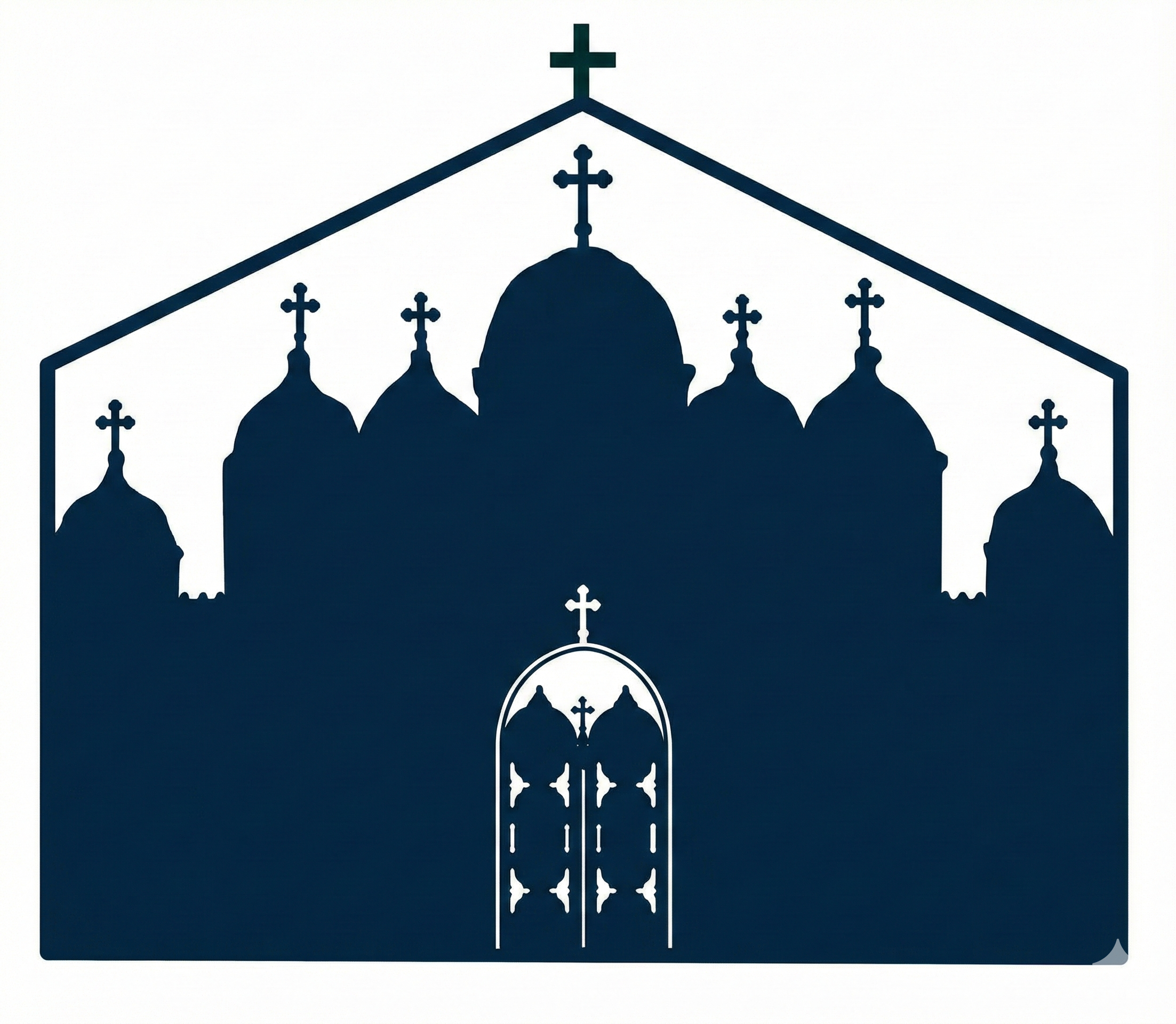Luke 8:41-56
November 16, 2025 | Osaka Church
In the name of the Father, and of the Son, and of the Holy Spirit.
There was a woman who secretly touched the hem of Jesus’ garment from behind. She had been suffering for twelve years from a gynecological illness that caused incessant bleeding. Her suffering was not merely physical. The Law, which the Jews followed as their code of conduct, meticulously distinguished between what was holy and what was unclean. According to the Law, any discharge, anything flowing from the body, was considered unclean. Therefore, women were required to stay indoors and not go out during their menstrual periods. This woman had been in this state of uncleanness for twelve years. The physical pain must have been terrible, but how much more painful must it have been to live with the constant awareness of being “unclean”? There is a vast difference between being told “you are sick” and “you are unclean.” The declaration of uncleanness is a definitive judgment on a person’s worth, their life, and the entire meaning of their existence. Moreover, the fact that this judgment was imposed not only by society but also by herself must have been an unimaginable suffering for her.
But is this suffering unique to her alone?
Of course, we do not live under a law that considers bodily discharge as uncleanness. However, are we completely free from the various passions and twisted desires that flow from within us and try to control us from the inside? Are we not suffering from bad habits that defile and harm the body, from obsessions and envy that cling to the heart and refuse to leave, from hatred that burns like a small but never-extinguishing ember deep within our chests…? Especially as Christians, no matter how many times we tell ourselves how justified our anger is, we know that the darkness in our hearts caused by that anger grieves Christ and God. We know that we harbor the root of defilement in our heart. We are at fault. Moreover, if this wickedness of ours has actually hurt the hearts and bodies of others, then even if people forgive us, we can never forgive ourself.
At such times, no matter how much people try to comfort us by saying, “Don’t dwell on it forever, it happens to everyone. Everyone has weaknesses and flaws to a greater or lesser degree,” it only feels like a temporary comfort. It’s like the woman who suffered from a bleeding for twelve years and couldn’t be cured by any doctor in this world. Diagnoses can be made in any way. It could be attributed to emotional wounds received from parents in childhood, or a twisted personality created by social discrimination or poverty… But no matter how many diagnoses are made, no one can cure it. Just as the woman spent a fortune on many doctors and lost everything, we too continue to agonize and eventually become exhausted and unable to stand up.
Here, we must remember this woman who went to Christ. We must remember her desperate courage. She couldn’t directly ask Jesus for help. She crept up from behind, thinking, “Someone as defiled as I am can only hope to at least touch Jesus’ garment,” and touched the hem of his robe. She was healed. When we too believe in the power of Jesus’ forgiveness and healing and surrender ourselves to the Lord, our burdens are lifted. Having our burdens lifted, we are embraced by Christ and, in the warmth of his “body,” we are gradually healed. According to the Holy Apostle Paul, the church is that body, the “body of Christ.”
This is not just a temporary comfort. This is not something I started saying. This is what the Bible, the Gospel, has continuously proclaimed. The Church is not so tough to continue offering unreliable comfort for nearly two thousand years. The suffering of being unable to forgive oneself, the suffering of being unable to accept oneself… it’s agonizing. It’s painful. The first step in our prayer is to honestly and openly express that suffering and pain to God. Then, the Lord Jesus will surely speak to us with a warm voice, saying, “You don’t have to suffer anymore. Leave the rest to me, and cheer up.” Only the immense sense of relief we feel when we believe in that forgiveness allows us to face life again.
The woman who was healed of a long illness was told, “Go in peace.” Not only those who touched the hem of his garment, but also we who partake of his body and blood, are told at the end of the Divine Liturgy, “Go in peace,” proclaiming the forgiveness of sins and eternal life. We are commanded to bring that peace to as many people as possible.

